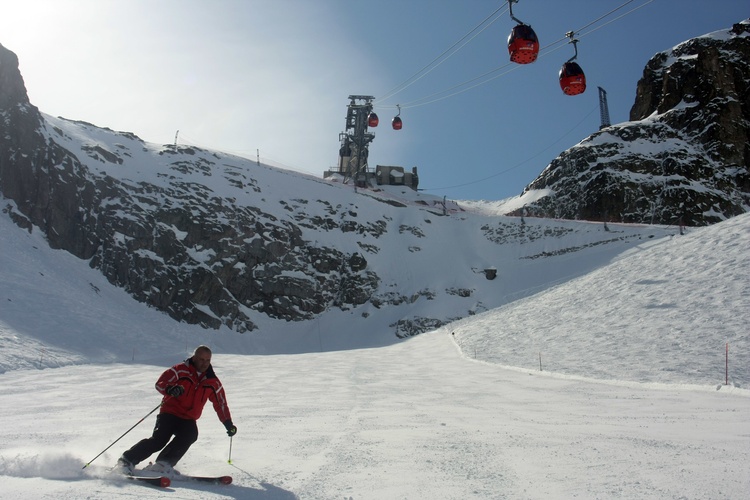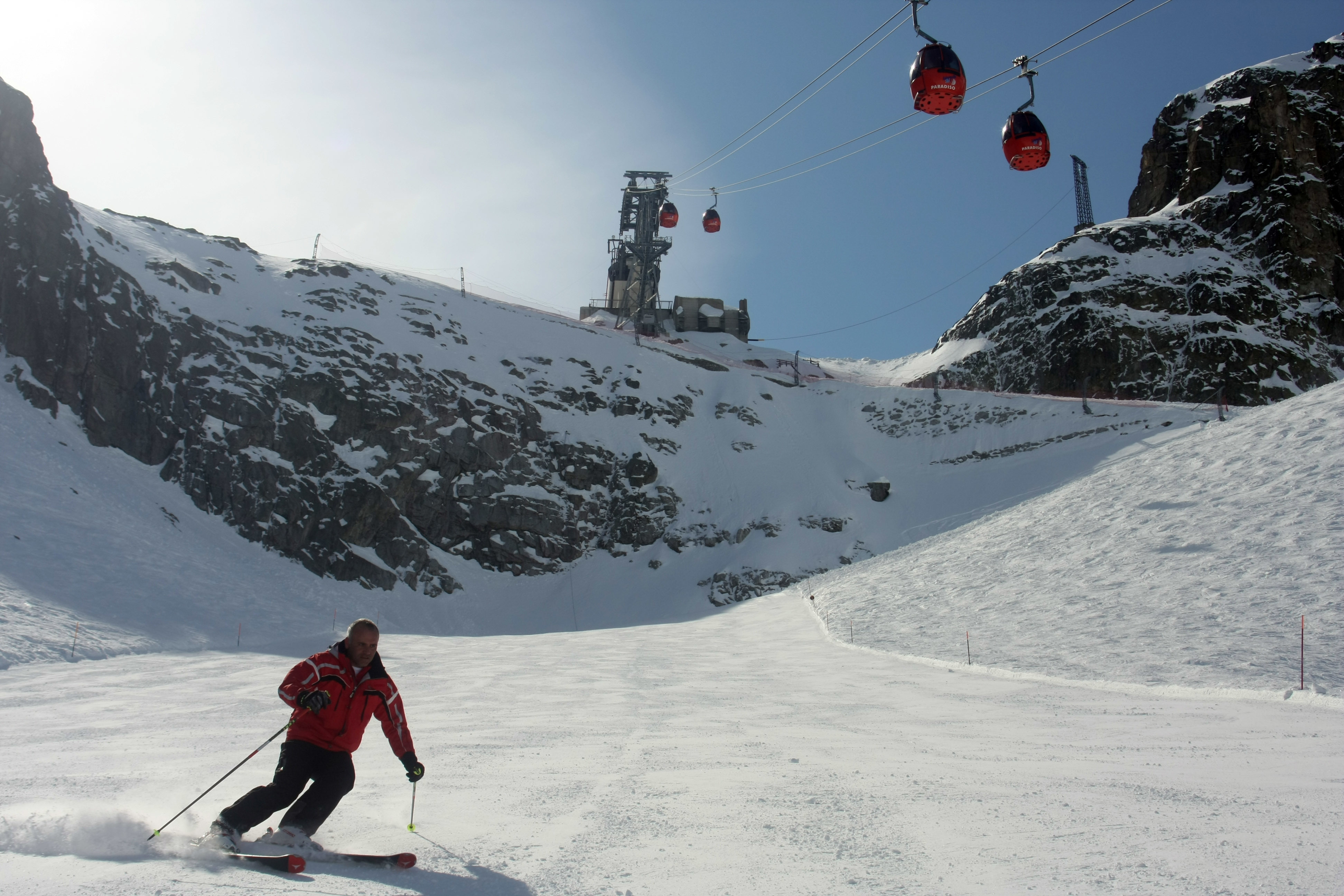Under the proposal, announced on Monday by the regions of Piedmont, Valle d’Aosta, Lombardy, Trentino-Alto Adige/South Tyrol, Veneto and Friuli-Venezia Giulia, only people who can prove they have booked accommodation for at least one night or own a holiday home in a resort area would be permitted to purchase a ski pass.
It’s the latest attempt to save Italy’s ski season, after the government indicated that slopes would be closed in December for fear of a spike in coronavirus infections.
Italian ski resorts, which between them bring in about €11 billion in revenues a year, were already dealt a blow after having to abruptly close in March when the first wave of the pandemic took hold.
Governors of mountain regions argue that limiting ski passes to overnight visitors would help prevent crowding while supporting local businesses, which are expected to lose as much as 60 per cent of their annual turnover without the Christmas holidays.
It would also avoid skiers travelling to the slopes and back for a day, which they acknowledged could present a heightened risk.
Regional authorities have already proposed imposing a cap on the number of people on the slopes each day, as well as a 50 per cent limit on passengers in cable cars, mandatory face masks, and restrictions on bars and restaurants serving après-ski meals and drinks.
They have urged the national government to consider the precautions sufficient to allow them to reopen resorts when it next revises Italy’s coronavirus rules, as it is due to do later this week.
But so far the signs aren’t promising, with the government still working on regulations and debating the severity of travel restrictions over the festive season.
So far, it appears that the government is not intending to open winter facilities until January 10.
“We ask the government to reconsider this choice, which would damage a whole system in charge of considerable economic, working and social activities for the entire country,” authorities in the Alpine regions wrote in a joint statement.
In Italy, the mountain economy is worth 11 per cent of GDP.












